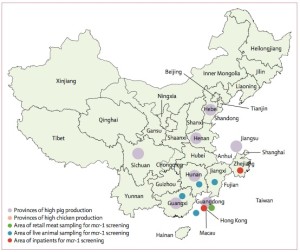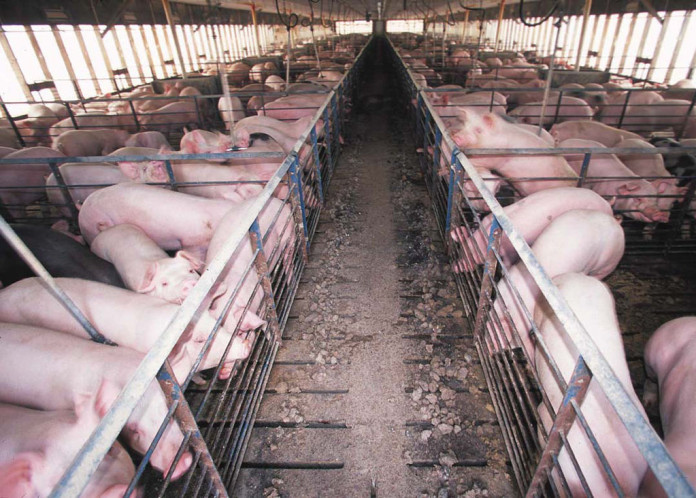Nov. 23 is the last day of World Antibiotic Week, and a report published Wednesday in the journal Lancet Infectious Diseases claims a new genetic strain of the E. coli bacteria has been discovered that no known antibiotics can stop.
The Lancet article said scientists were conducting routine surveillance for antibiotic resistance in E. coli when they found the resistant specimen in a pig.
“This is very bad news,” according to a report by Maryn McKenna in the National Geographic magazine, which said the team of researchers from the U.S., Great Britain and China “have identified a new form of resistance to the very last-ditch drug colistin—and that it is present in both meat animals and people, probably comes from agricultural use of that drug, can move easily among bacteria and may already be spreading across borders.”

Researchers took samples from retail meat from supermarkets and street markets and from animals as they were slaughtered, and they tested samples previously taken from patients in two hospitals. They found the new resistance gene in 15 per cent of E. coli collected from raw pork and chicken samples, 21 per cent of samples from hogs in slaughterhouses and 1 per cent of samples from inpatients with infections.
When bacteria cannot be suppressed by any microbial drug, they are termed pan-drug resistant.
According to McKenna, “‘Pan-drug resistance,’ to be clear, means that nothing at all will work—that infections are untreatable by any known compound.”
Lucy Towers, editor of the Pig Site Newsletter, said the world’s first World Antibiotic Awareness Week was “launched to raise awareness of best practice for using antibiotics, to reduce the risks of bacteria becoming resistant to antibiotics and to prolong their effectiveness.”


















The upside is the ability and willingness of Corporate America to implement regulations to increase safety measures to prevent the possibility of trans-oceanic invasion.